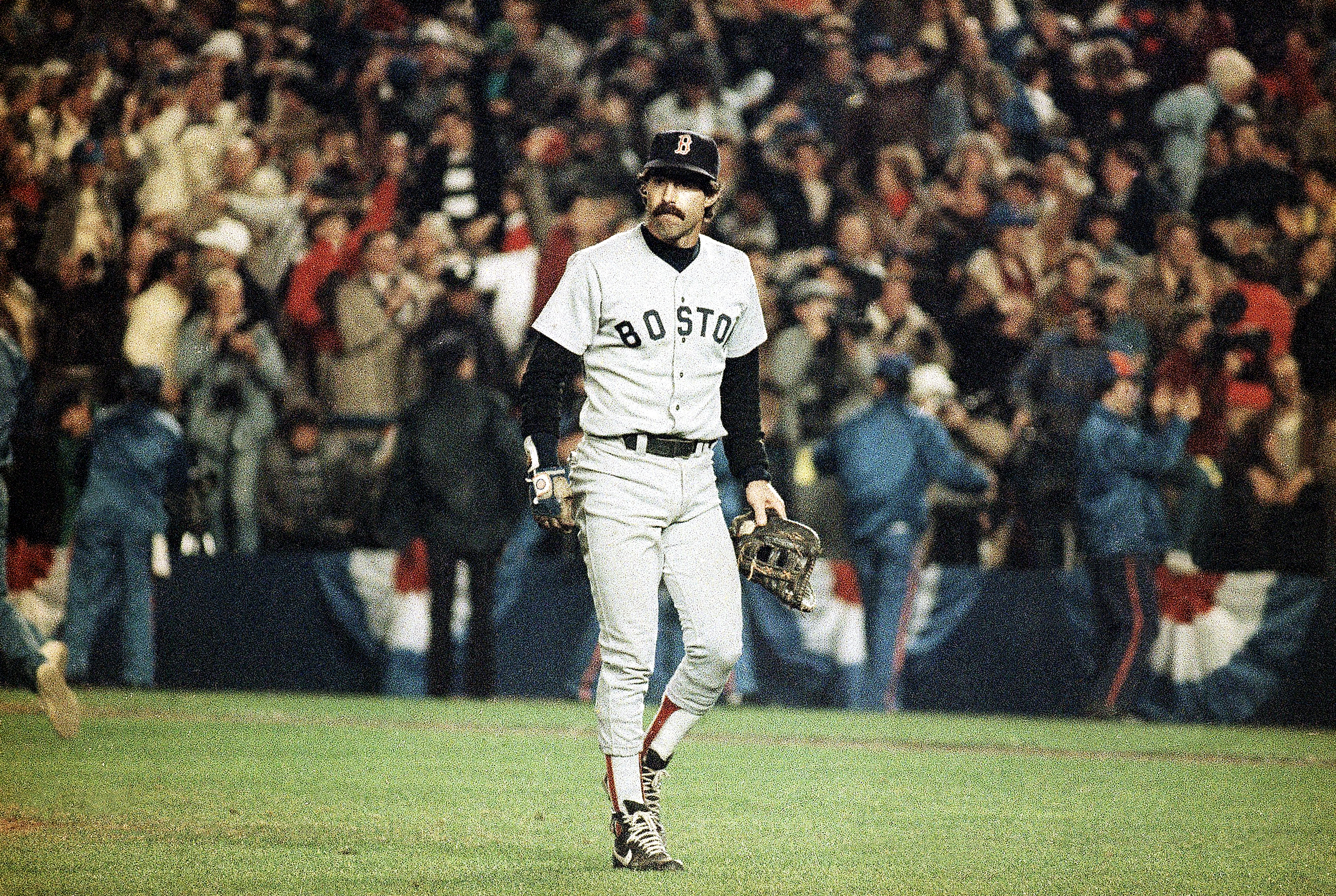Defined by an error
Bill Buckner always knew a single mistake would be the first line of his obituary. He was right.


A free daily email with the biggest news stories of the day – and the best features from TheWeek.com
You are now subscribed
Your newsletter sign-up was successful
This is the editor’s letter in the current issue of The Week magazine.
Imagine having your life defined by the worst five seconds you ever experienced. Such was the fate of baseball player Bill Buckner, who died last week. Over 22 seasons, Buckner was a superb hitter, banging out 2,715 hits and winning a batting title. But in the sixth game of the 1986 World Series, when the 36-year-old Buckner — hobbled by bum ankles and knees — was playing first base for the Boston Red Sox, a weak ground ball off the bat of the New York Mets' Mookie Wilson dribbled through Buckner's legs, completing a stunning Mets comeback victory. The deflated Sox went on to lose Game 7. Frustrated Sox fans — who hadn't won a Series in 68 years — made Buckner the scapegoat for years afterward. So relentless were the taunting reminders of that muffed grounder that Buckner eventually moved from New England to Idaho to find some peace. His family, he said, "didn't like to see how people were treating me."
I met Buckner a decade after the '86 Series, while reporting a newspaper story on Michael Jordan's attempt to play minor league baseball. Buckner by then had become a hitting instructor, and I found him studying Jordan's form in the batting cage before a game. When I introduced myself as a reporter from New York, Buckner stiffened. I briefly glimpsed old hurt in his eyes, which quickly became hard and challenging. He relaxed a bit when I asked him about Jordan's hitting, but he was glad to see me go. Fast forward another decade to 2008, to the day Buckner was invited back to Fenway Park for a celebration of the Sox's 2007 championship. When he walked to the mound to throw out the game's first pitch, the fans and players gave him a two-minute standing ovation. Buckner's eyes grew wet. "Glad I came," he said. They'd forgiven him; he'd forgiven them. May we all find such redemption someday, however small or large our sins might be.
The Week
Escape your echo chamber. Get the facts behind the news, plus analysis from multiple perspectives.

Sign up for The Week's Free Newsletters
From our morning news briefing to a weekly Good News Newsletter, get the best of The Week delivered directly to your inbox.
From our morning news briefing to a weekly Good News Newsletter, get the best of The Week delivered directly to your inbox.
A free daily email with the biggest news stories of the day – and the best features from TheWeek.com
William Falk is editor-in-chief of The Week, and has held that role since the magazine's first issue in 2001. He has previously been a reporter, columnist, and editor at the Gannett Westchester Newspapers and at Newsday, where he was part of two reporting teams that won Pulitzer Prizes.
-
 The ‘ravenous’ demand for Cornish minerals
The ‘ravenous’ demand for Cornish mineralsUnder the Radar Growing need for critical minerals to power tech has intensified ‘appetite’ for lithium, which could be a ‘huge boon’ for local economy
-
 Why are election experts taking Trump’s midterm threats seriously?
Why are election experts taking Trump’s midterm threats seriously?IN THE SPOTLIGHT As the president muses about polling place deployments and a centralized electoral system aimed at one-party control, lawmakers are taking this administration at its word
-
 ‘Restaurateurs have become millionaires’
‘Restaurateurs have become millionaires’Instant Opinion Opinion, comment and editorials of the day
